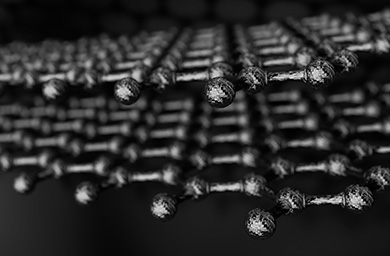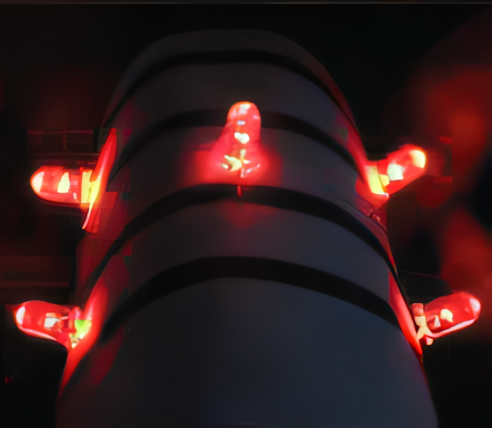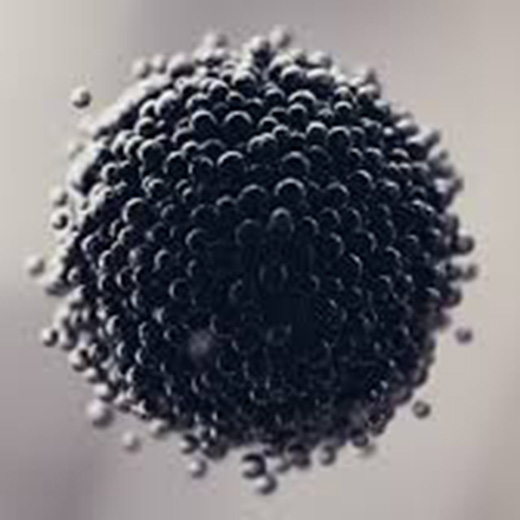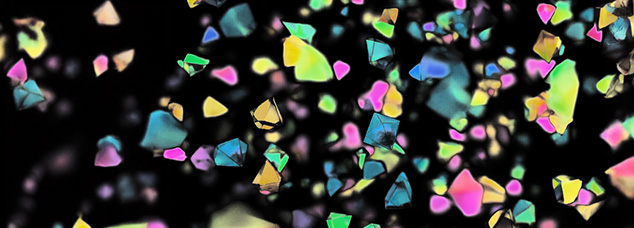Process engineering for functional nanomaterials is the theme underlying research activities pursued by Venugopal and coworkers. Novel processes for high throughput, room-temperature synthesis of noble metal nanoparticles have been developed based on an understanding of nanoparticle growth and aggregation mechanisms involved in standard batch protocols. These insights have been successfully extended for generation of functional nanostructured thin films using additive manufacturing approaches. Using a print-expose-develop process nanostructured conductive silver films have been formed on flexible substrates with an office inkjet printer. Product development efforts with the goals of point-of-use pesticide detection, low-cost electrocatalyst layers for proton exchange membrane fuel cells (PEMFCs), wearable electronics and ubiquitous sensing are being actively pursued.






